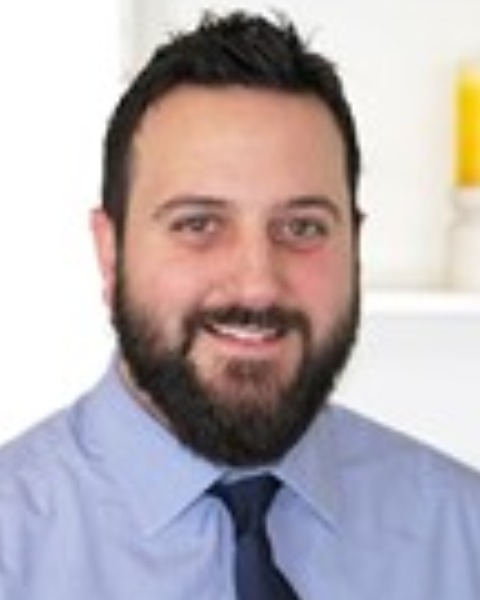273 - The Opposite of Addiction is Truly Connection: Neurobiological Underpinnings of Promoting Family Togetherness in Early Recovery
Level of Instruction: Intermediate/Advanced
Friday, September 8, 2023
2:00 PM - 3:30 PM ET
Location: Hyannisport

Anthony J. Nave, MA, LICSW, ICAADC
Clinical Director
Mountainside Treatment Center
Canaan, Connecticut
Courtney Hulse, LMFT
Regional Director, Outpatient Services - NY, NJ
Mountainside
Huntington, New York
Session Description: Research indicates social and relational supports are significant predictors of positive treatment outcomes. In participating in this workshop, attendees will gain a foundational understanding of interpersonal neurobiology as an addiction-oriented model and its relevance to family functioning in early recovery. Through the theory of interpersonal neurobiology, this workshop will examine factors that contribute to relational strain such as a break in the exchange of communication and connection. Presenters will also share methods providers can use to best promote healing and repair to the family system, such as narrative work, attunement, and fostering secure attachment. Presenters will discuss strategies for selecting the dyad of focus, or the set of family members most clinically appropriate to focus on and include in the treatment process, to reduce complexity. We will also explore the application of therapeutic use of self-techniques, such as mindsight, aligned with the neurobiological underpinnings reviewed that highlight clinicians themselves as integral agents of change.
Learning Objectives:
After this activity participants should be able to
- Identify the dyad of focus in family work and navigate associated complexities
- Describe the underpinnings of the interpersonal neurobiology research in application of dyad work in families in early recovery
- Apply therapeutic use of self concepts in conducting day to day clinical practice
